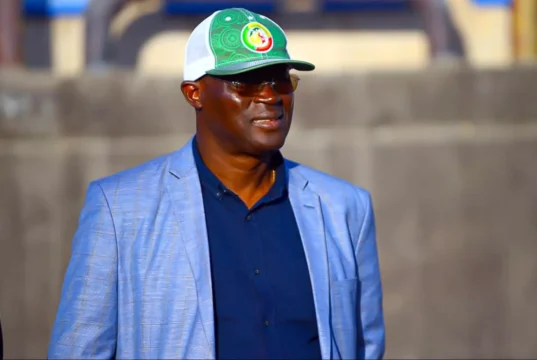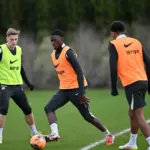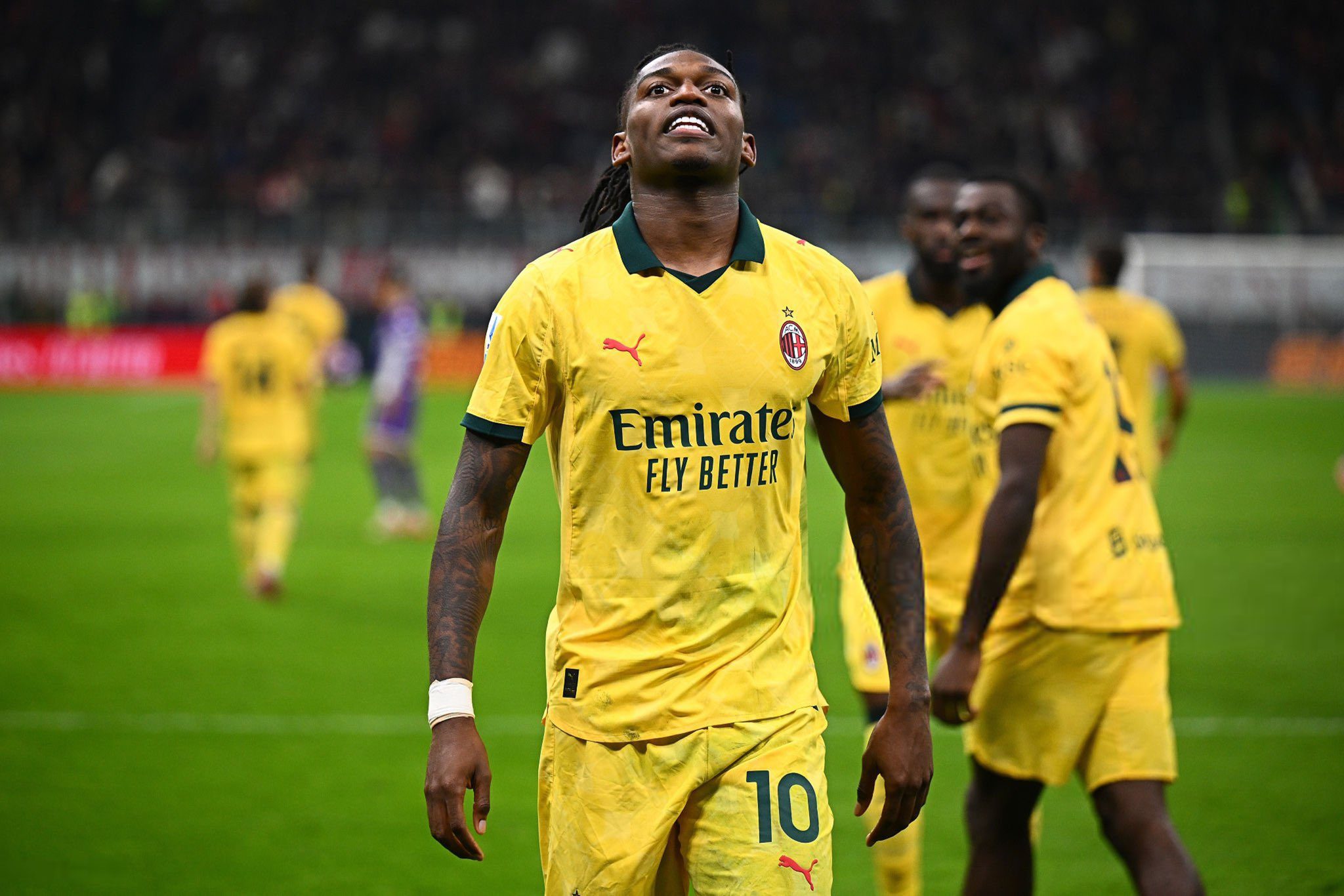Augustin Senghor bids for fifth term as Senegal Football Federation president

Augustin Senghor has officially declared his intention to seek a fifth term as president of the Senegalese Football Federation (FSF), reigniting the national conversation around the future direction of football governance in the country.
Senghor, who has led the FSF since 2009, made the announcement ahead of a pivotal election period set to conclude on August 2, 2025.
His candidacy places him once again at the centre of a leadership contest that could either extend his long-standing reign or usher in a new era for Senegalese football.
Challenging Senghor is Mady Touré, president of the renowned football academy Génération Foot.
Touré has positioned himself as the face of reform, calling for a restructuring of the domestic football system with greater emphasis on amateur clubs and regional development.
His campaign reflects growing calls within the football community for broader inclusivity and a more grassroots-focused approach.
The FSF’s electoral timeline is already in motion.
The official list of candidates will be published on July 11, leaving just under a month for final campaigning and lobbying among stakeholders.
With voting scheduled for August 2, both contenders are intensifying efforts to rally support within the footballing electorate.
Senghor’s record will be a central theme of the upcoming election.
Under his stewardship, Senegal achieved a historic milestone by winning the 2022 Africa Cup of Nations—its first ever continental title.
That triumph, combined with consistent performances on the international stage and the rise of globally recognised talents, has been widely credited to the stability and continuity of his administration.
However, critics argue that despite on-field successes, deeper structural issues persist within Senegalese football.
These include concerns over financial transparency, underfunded regional leagues, and limited opportunities for local coaches and administrators.
Touré’s platform seeks to address these shortcomings by promoting decentralisation, improved support for youth development, and stronger integration of lower-tier clubs into the national framework.
With the stakes high and the atmosphere increasingly charged, this election could define the next chapter of Senegalese football.
According to Kawtef, “it remains to be seen whether this record will be enough to convince voters, or whether a new era will dawn at the helm of the FSF.”
As the countdown to election day begins, the choice before Senegalese football’s decision-makers is now clear: continuity under a seasoned leader or a shift towards reform and renewal.




